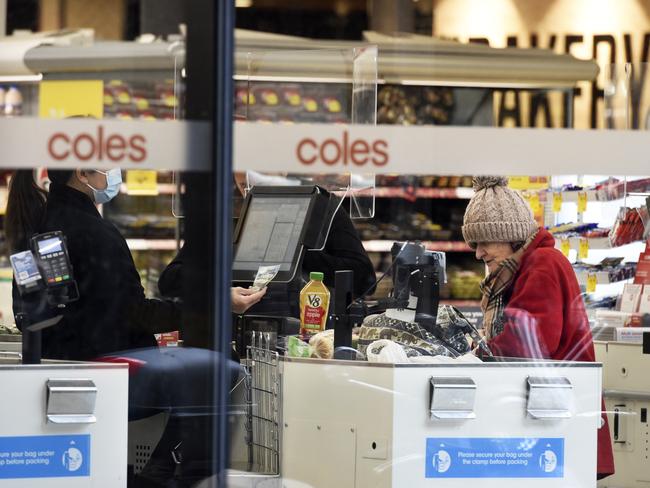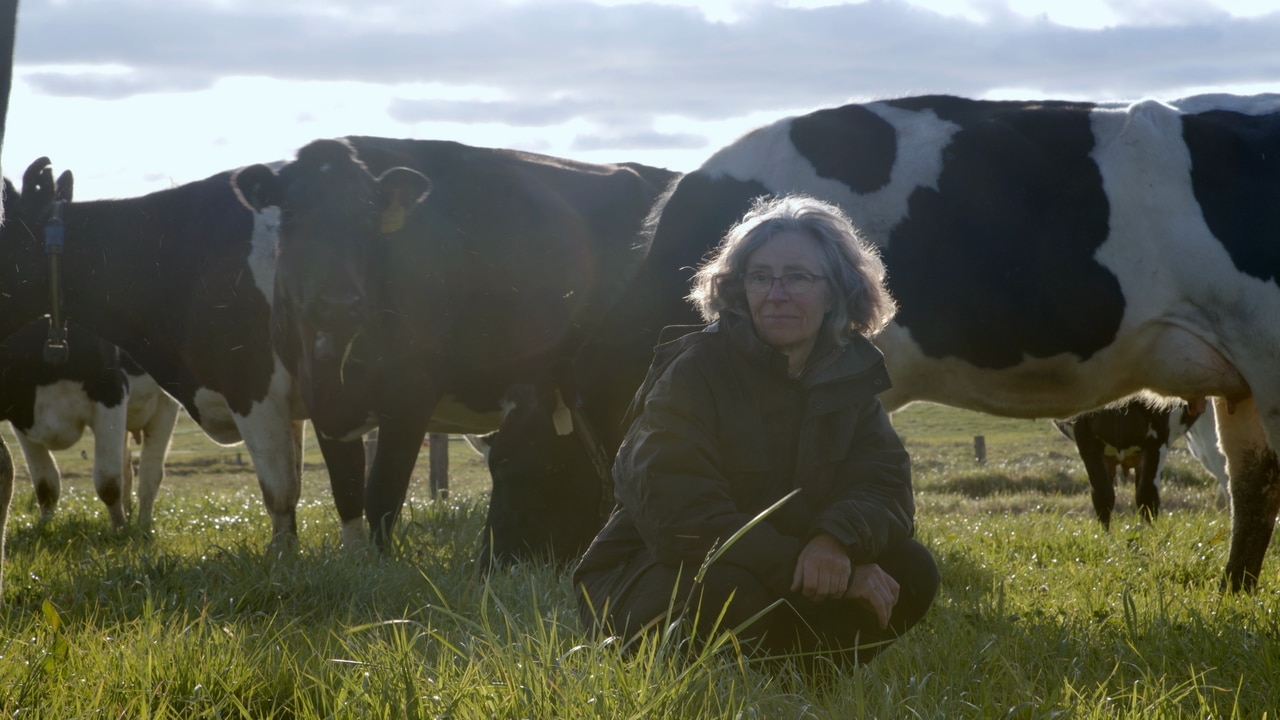Australian inflation: Dairy beats real estate in price-rise index
But retail prices still don’t reflect the true cost of producing milk and dairy products, farming leaders say.
A double-digit rise in the dairy inflation index does not reflect the gap between what consumers are paying and the expenses on farm.
That’s the view of dairy lobby leaders after the Australian Bureau of Statistics released its monthly inflation data on Wednesday.
The headline rate — 5.6 per cent in the 12 months to May — was lower than some economists had predicted, but still well above the Reserve Bank’s 3 per cent target.
Leading the food category in the inflation stakes was dairy and related products, which have risen 15.1 per cent between May 2022 and May 2023.
During the same 12-month period, the bread and cereal category lifted by 12.8 per cent while meat and seafood rose 3.8 per cent.
EastAUSmilk chief executive Eric Danzi said the 15.1 per cent jump primarily occurred in June-July 2022, with little change in dairy prices since that time.
Aldi, Coles and Woolworths all raised the price of their generic milk products at that time.
A one-litre generic brand milk now costs $1.60 while a two-litre bottle retails at about $3.10.
“There’s been little change in the price of generic milk since that time,” Mr Danzi said.
“The dollar-a-litre milk period really skewed consumer expectations. A litre of generic milk should be at least $2 now.”

Mr Danzi said electricity bills were set to jump on July 1 and labour shortages were eroding much of the profitability in dairy.
“There’s one example on the NSW mid-coast where a farmer is paying a teenage worker $100,000 a year. Farmers just can’t get staff and in order to attract workers, you need to pay top dollar. The cost has to be passed on somewhere.”
United Dairyfarmers of Victoria president Mark Billing said rising interest rates were also placing strain on primary producers.
He said the price of generic milk needs to be at least $2 a litre and supermarkets had the opportunity now to make the necessary price adjustment.
“It’s a game of catch up for the supermarkets,” Mr Billing said.
“Farmgate prices are good but the retail level needs to reflect the inflationary pressures that dairy is facing. Electricity bills will rise by 25 per cent come July 1.
“Insurance, labour, rates — all those costs aren’t staying at the same level as a year ago.”





